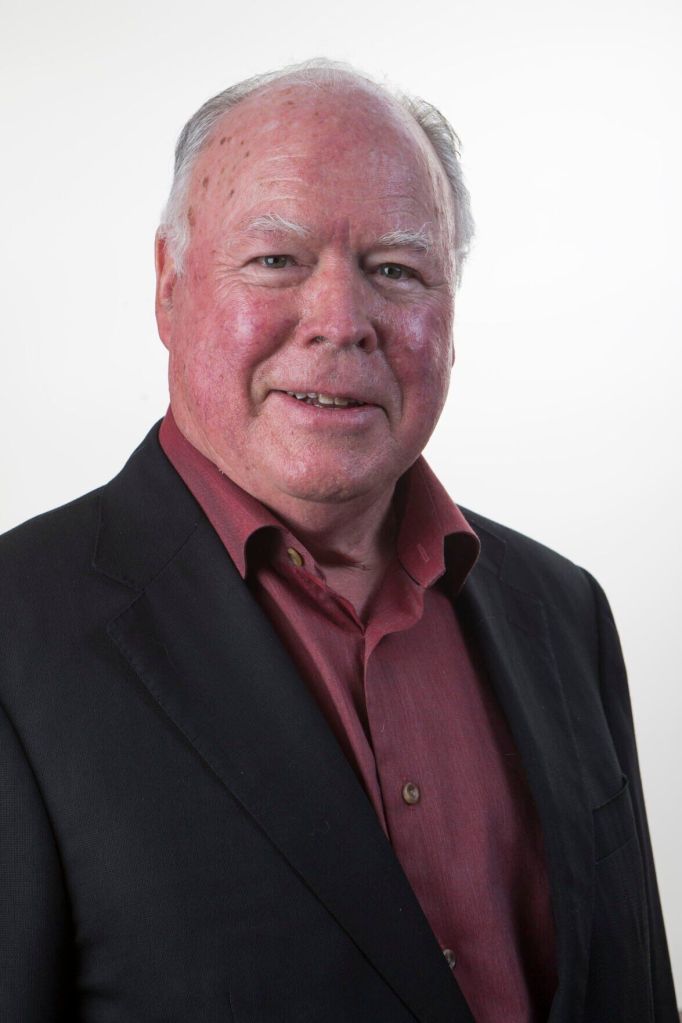COLUMN: The journalist-politician has worked well for Oregon
Published 2:00 pm Friday, February 25, 2022

- Forrester
It is unfortunate that Nicholas Kristof won’t be on the Oregon Democratic primary ballot for governor.
Kristof and former state Sen. Betsy Johnson were the two candidates who did not neatly fit into the tradition of electing Democrats beholden to public employee unions. As the former Republican Secretary of State Dennis Richardson once said during conversation at The Astorian, “The public employees unions run the statehouse.”
In different ways, Kristof and Johnson would have brought fresh ideas to this race for governor. Johnson has yet to flesh out her message, but Kristof’s was clearly about human welfare — the vast swath of displaced and damaged Oregonians. His nationally published articles and books are about the travails of common people in turbulent times. One of those books is about drug addiction among Oregonians whom Kristof knew while growing up in this state.
Some referred to Kristof’s national and international journalism as though that made him a novelty candidate. But Oregon has enjoyed good luck with journalist-politicians. Three of our prominent officeholders have been journalists. One of those was Oregon’s most consequential governor of the 20th century.
Charles Sprague owned the Oregon Statesman newspaper in Salem. As editor, he wrote editorials and a widely read front-page column, “It Seems to Me.” He became Oregon governor in 1939 and served through 1943. Sprague was a Republican in the Theodore Roosevelt Progressive tradition. His defense of civil liberties put him at odds with the GOP’s right wing.
Today’s Oregon Republican Party would turn their backs on the man. To learn more about Sprague, read Floyd McKay’s biography, “An Editor for Oregon: Charles A. Sprague and the Politics of Change.”
Tom McCall and Richard Neuberger were journalists of a different sort, but they had a symbiotic relationship. McCall began as a sportswriter in Idaho and became one of Oregon’s most prominent television journalists, as a news analyst for KGW-TV. Neuberger’s prodigious output appeared in The Oregonian, from the time he was 18, and subsequently in national magazines that collectively reached a broad demographic.
Conservation was a paramount value — a theme in many of Neuberger’s articles. By the time he was elected to the U.S. Senate as a Democrat, Neuberger had built a national constituency among conservationists, and they were elated at his victory. Brent Walth in “Fire at Eden’s Gate” describes Neuberger as McCall’s “role model.” When Neuberger died at the age of 47 in 1960, McCall took up the cause of conservation and became Oregon’s most prominent conservationist.
In other words, Oregon’s three prominent journalist officeholders carried positive, inspirational values into the arena and left their mark.
The important distinction between Neuberger and Kristof is that Neuberger served in the Oregon House of Representatives and the state Senate prior to the U.S. Senate. Neuberger had done a legislative apprenticeship — all of which he wrote about.
Nonetheless, it would have been useful to have an injection of Kristof’s perspective in the race that lies ahead.
Steve Forrester is the president and chief executive officer of EO Media Group.







